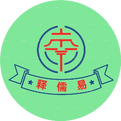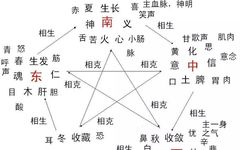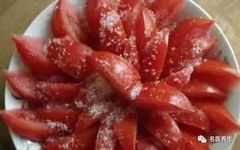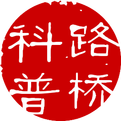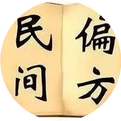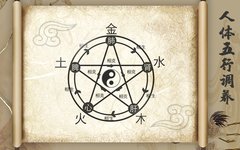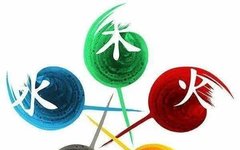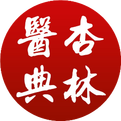The Marvelous Applications of the Five Elements Theory
The Five Elements, in fact, refer to five categories of substances, which classify the myriad materials in the universe according to their properties. These are: Wood, Fire, Earth, Metal, and Water. Wood represents plants, Fire represents heat energy, Earth represents land, Metal represents metals, and Water represents liquids. There exists a relationship of mutual generation … Read more

